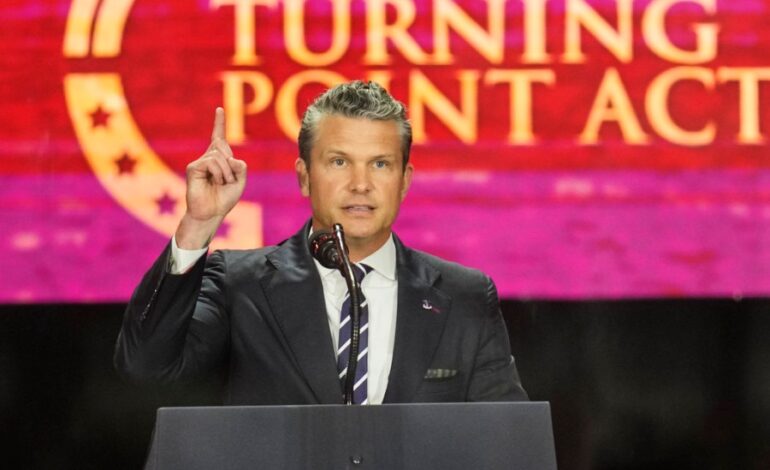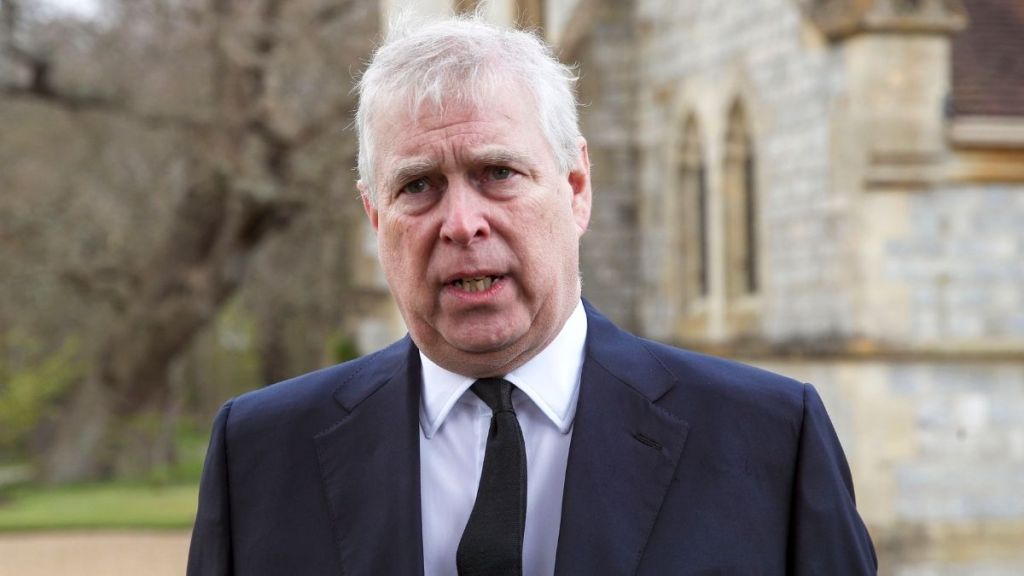Defense Secretary Hegseth Proposes Controversial Shaving Policy

The proposed policy change by Secretary of Defense Peter Hegseth to reinstate traditional shaving requirements has sparked significant controversy. Critics argue that these measures are outdated and will disproportionately impact Black service members, raising concerns about racial bias within the military.
Hegseth’s plan aims to enforce stricter grooming standards, which many believe are rooted in a historical context that marginalizes certain groups. The Secretary has claimed that allowing beards could reduce military effectiveness, a statement that has been met with skepticism from various military personnel and organizations advocating for equality.
As military culture evolves, many are questioning whether such policies align with contemporary values of inclusivity and diversity. In a letter to the U.S. Department of Defense, several advocacy groups emphasized that grooming policies should not hinder the performance or well-being of service members. They argue that personal grooming choices should be respected as long as they do not interfere with operational effectiveness.
Historical Context and Racial Implications
The history of grooming standards in the military has often reflected broader societal norms and biases. Critics of Hegseth’s proposal argue that imposing strict shaving requirements can perpetuate discriminatory practices. They point out that the natural hair textures and styles of Black service members may not conform to traditional standards, leading to potential disciplinary actions for simply adhering to their natural appearance.
Moreover, the assertion that beards would compromise military lethality is challenged by various experts. Research indicates that effectiveness in combat situations is influenced by multiple factors, including training, strategy, and technology, rather than personal grooming choices.
Voices from the Military Community
Members of the military community have expressed their concerns regarding the implications of Hegseth’s proposed policy. Sergeant Major Lisa Johnson, a veteran advocate, stated, “We should focus on what truly matters—readiness and teamwork. Personal grooming should not be a barrier to serving our country.”
Additionally, the National Association for the Advancement of Colored People (NAACP) has weighed in, calling for a review of the policy to ensure it promotes fairness and does not perpetuate existing inequalities. Their statement emphasized the need for the military to reflect the diversity of the nation it serves.
As discussions around this policy continue, it remains to be seen how the Department of Defense will address these concerns. The military has historically adapted its policies to better reflect societal changes, and many hope this case will follow suit by promoting inclusivity and respect for all service members.
The debate surrounding Hegseth’s proposed shaving policy is not merely a question of grooming standards; it is a reflection of the military’s ongoing struggle to balance tradition with the evolving values of equity and representation.






